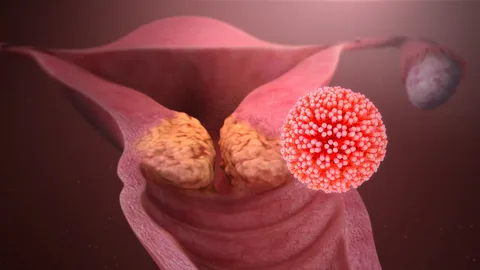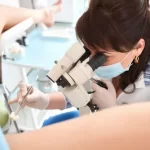Human papillomavirus (HPV) is among the most common sexually transmitted infections in the USA. According to statistics, around 80% of sexually active individuals contract HPV at some point. While an HPV infection often goes away on its own, particular strains can increase the risk of cervical cancer. This is one of the most debilitating diseases in women. Other cancers linked to HPV include; anal, vulval, vaginal, throat, and penile cancers. Fortunately, regular Orlando HPV tests can help in early diagnoses, increasing your chances of successful treatment. Here is an exclusive look at everything you probably didn’t know about HPV.
What Exactly Is HPV?
A human papillomavirus is a group of viruses that infects your skin. Scientific research reveals that there are more than 200 strains of HPV. Most of these strains are harmless and will go away on their own. However, particular HPV strains can cause warts around your genitals that you might not like, but these HPV strains are considered low risk. Other HPV strains can modify the cells in your cervix, increasing the risk of developing cervical cancer. These are the high-risk HPV strains. HPV is spread by skin-to-skin contact, particularly during oral, vaginal, or anal sex. However, the viruses cannot be spread fem toilet seats, swimming pools, sharing food, or holding hands.
What Are the Symptoms Of HPV?
In most cases, HPV does not cause any symptoms. Although you might develop genital warts when infected with the low-risk HPV strains, you won’t get any symptoms when infected with the high-risk HPV strain. The only way of knowing if you are infected with a high-risk HPV strain is by undertaking a pap smear test.
How Is HPV Diagnosed?
HPV can be diagnosed through a laboratory test. Your provider takes swabs of cells from your cervix. The HPV tests check whether there are any strains of the virus. The Pap smear checks for cell abnormalities that might indicate signs of cervical cancer.
Are There Treatments For HPV?
Currently, there is no cure for HPV. If your pap smear result is abnormal, your doctor might recommend you go for a colposcopy to examine the extent of cell change. The procedure involves examining your cervical tissue via a lighted magnifying device. You will need to undertake a biopsy if a colposcopy finds abnormal tissues. During a biopsy, your provider corrects tissue samples from your endocervix and exocervix for examination to confirm whether you have cervical cancer.
Do You Require to Undertake HPV Vaccine?
Now that you know about the human papillomavirus, you probably wonder how to prevent yourself from getting the virus through vaccination. The HPV vaccine is recommended for anyone between the age of 9 to 45. While the vaccine won’t protect you from all the HPV strains, it will protect you from the strains that cause cervical cancer and genital warts. For women between 15 to 45 years, the HPV vaccine is given in three injections over six months.
Ultimately, most HPV infections show no symptoms, most clear within two years. However, some can cause HPV-related cancers, which only present with symptoms at the advanced stages. It is hence essential to make efforts to prevent the infection through vaccinations and regular screening. If you notice any unusual lumps or warts around your genitals or the back of the throat, you should consult your doctor for early diagnosis and treatment. A pap smear is vital in detecting any HPV strain that may predispose you to cervical cancer.








